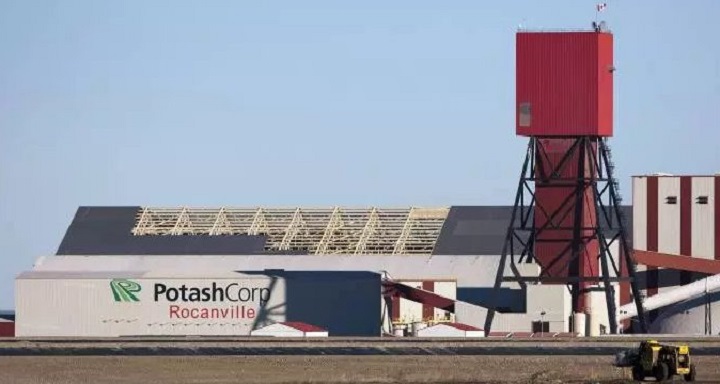As news of negotiations being restarted between Russian Uralkali (MCX:$URKA) and Belarusian Belaruskali begin to gain traction, shares of Saskatoon-based agribusiness company, Potash Corp. (NYSE:$POT), have been rising. This is mainly due to the fact that the start of the drastic fall of the potash market was largely caused by the break up between Uralkali and Belaruskali in 2013 when Uralkali implemented a volume-over-price strategy. Uralkali’s decision to pursue such a strategy resulted in a distorted market as well as pressure being put on the industry participants. The potash market itself, as well as the shares of potash producers such as Potash Corp., Uralkali, Mosaic (NYSE:$MOS), and Agrium (NYSE:$AGU) have not been able to recover since Uralkali and Belaruskali terminated their relationship.
Rumours and news of re-negotiations between the two agribusinesses have appeared since the 2013 breakup — however nothing serious has resulted. In October 2016, for example, Russian business newspaper Vedomosti reported Uralkali to have offered cooperation with Belaruskali several times but the Salihorsk-based company hadn’t shown interest. Uralkali’s next offer, however, has strengthened thanks to Sberbank’s (MCX:$SBER) CEO, German Gref, who will be present during negotiations. Gref’s involvement will most likely increase the political weight of the offer as well as the chance of a successful reunion between Uralkali and Belaruskali.
As such, questions remain regarding Uralkali’s offerings to Belaruskali. The main one many are asking, especially those invested in agriculture stocks, is whether or not the two companies will actually reach an understanding and begin cooperation once again. Investors and traders seem to have mixed consensus on the results — while not a lot had resulted from Uralkali’s offers in 2016, both companies have had a chance to see that Uralkali’s volume-over-price strategy did not succeed. The hope of rapid increase in production was dashed for Uralkali with the Solikamsk-2 accident, damaging both Uralkali’s expansion plans as well as its stocks. Both agribusiness companies should be able to profit from re-cooperation should they reach an agreement.
Another big question is whether or not the reignition of the relationship between Uralkali and Belaruskali will actually help the potash market. While a slow uptrend could occur, as some believe that potash prices have bottomed out, investors can never be too cautious. While cooperation between Uralkali and Belaruskali will certainly help the market– as seen by the shares of Potash Corp. already rising — this alone would not be able to rescue an already-largely-damaged market. Strict discipline regarding production increase will also be necessary for potash stocks to regain and relive its glory days.
Featured Image: twitter










